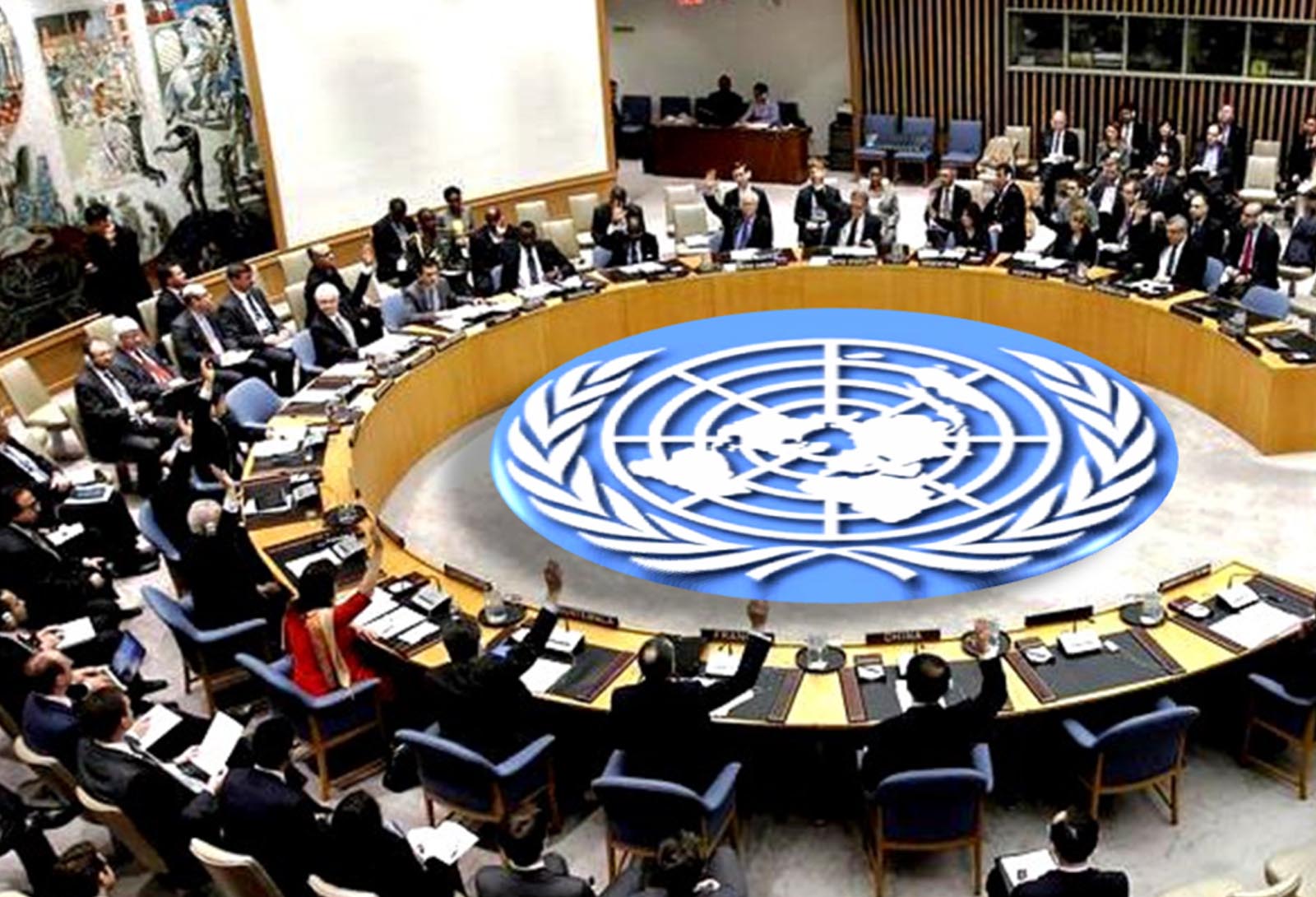Pakistan’s top diplomat at the United Nations, Ambassador Asim Iftikhar Ahmad, has raised serious concerns over the escalating threat posed by the Tehrik-e-Taliban Pakistan (TTP), a UN-designated terrorist group operating from Afghan soil. Addressing the UN Security Council, he stated that the 6,000-strong TTP, along with other militant factions like Al-Qaeda and Baloch insurgents, continues to exploit ungoverned spaces in Afghanistan, directly threatening Pakistan’s national security. Recent attempts by TTP militants to infiltrate Pakistan were foiled by security forces, highlighting the persistent danger.
Ambassador Ahmad also warned about the broader regional instability stemming from Afghanistan’s internal crises and the potential fallout from escalating Middle East tensions. He noted that a fresh wave of refugees from Afghanistan and Iran could further strain neighboring countries, including Pakistan, which already hosts millions of Afghans. The UN’s special envoy for Afghanistan, Roza Otunbayeva, echoed these concerns, stating that rising fuel prices and disrupted trade due to Iran-Israel tensions are worsening Afghanistan’s economic crisis.
To counter the terrorist threat, Pakistan has seized advanced weapons left behind by foreign forces in Afghanistan and intensified border security operations. Ambassador Ahmad revealed credible evidence of TTP collaborating with groups like the Baloch Liberation Army (BLA) to target Pakistan’s infrastructure. Despite these challenges, Pakistan remains engaged in stabilizing Afghanistan through trade, connectivity projects, and scholarships for Afghan students. Islamabad also supports UN-led initiatives like the Doha Process to foster structured engagement with the Taliban.
Pakistan urged the international community to equitably share the burden of hosting Afghan refugees and to push for inclusive governance in Afghanistan. Ambassador Ahmad emphasized that while Pakistan remains committed to Afghanistan’s stability, the Taliban must uphold international obligations, including women’s rights. He stressed that dialogue and regional cooperation are essential for lasting peace, affirming Pakistan’s role as a proactive partner in Afghanistan’s path to stability.


